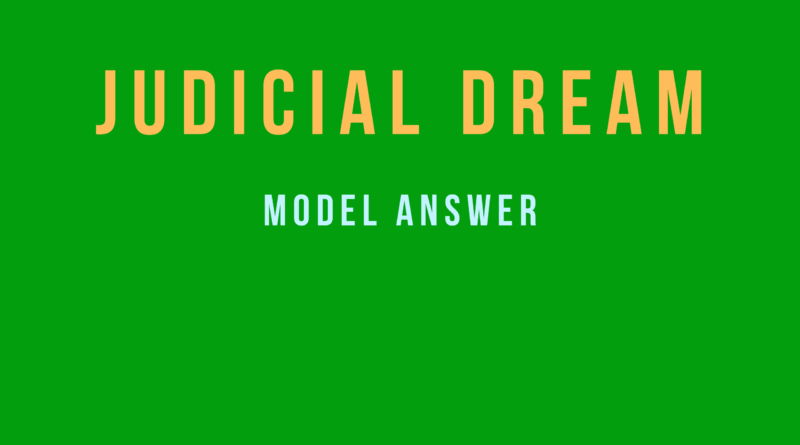REIMBURSEMENT OF MONEY
‘X’ holds a land in Bihar on a lease granted by ‘Z’ the landlord. The revenue payable by ‘Z’ to the Government being in arrear, the land is advertised for sale by government. Under the revenue law, the consequence of such sale, will be annulment of the lease of ‘X’. ‘X’ to prevent sale, pays to the government the sum due from ‘Z’. Is ‘Z’ liable to make good to ‘X’.
The main issue which is involved in the present case is whether ‘X’ is entitled to recover the amount of tax paid by him from ‘Z’. Section 69 of the Indian Contract Act, 1872, deals with the provisions of reimbursement of money paid by a person who is interested to pay from a person who is bound to pay that money.
According to this section, if any person is bound to pay the money but he refuses to pay that money and another person who is not bound to pay it but interested to pay the money, makes the payment, then in such a case, the latter person can recover that money from the former person.
This section is based upon the concept of quasi contract and founded on the principle of equity, justice and good conscience. The main aim of this section is to protect the rights of an innocent person and to compel that person who has received unjust enrichment to repay that money which has been paid by former person.
In the leading case of Port Trust, Madras vs. Bombay Company, the Hon’ble court held that if any person who is interested to pay money makes the payment, then he can recover that money from such person who was bound to pay it.
In the present case, ‘Z’ the landlord was bound to pay the taxes but he failed to pay those taxes. Then ‘X’, the lessee to protect his rights paid the taxes to the government. He was not bound to pay but was interested to pay the taxes.
So, according to above stated legal provisions and case law, ‘X’ is entitled to recover that amount from ‘Z’. Hence, ‘Z’ is liable to make good to ‘X’.



